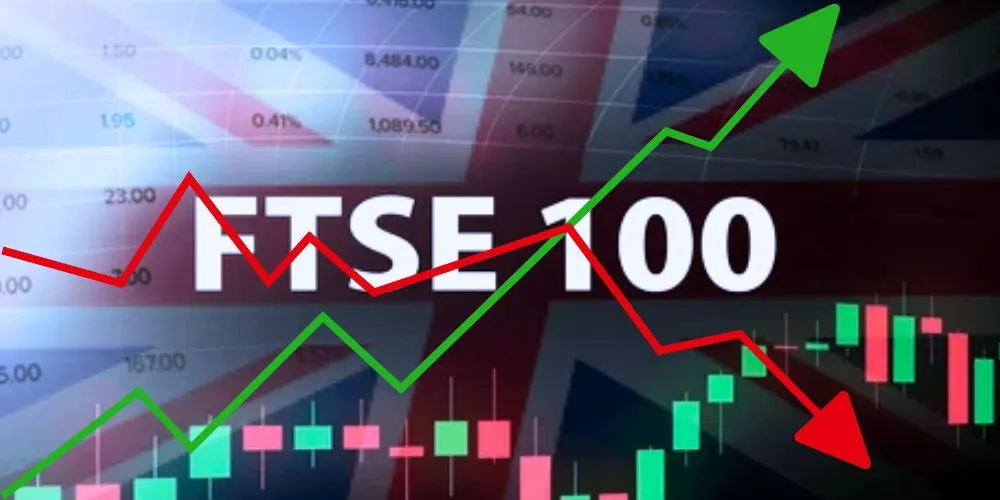Key Points
- FTSE 100 dropped 1.2%, marking its lowest close since January 16. Travel and leisure stocks led the decline, with IAG falling 6.1%.
- The U.S. doubled tariffs on Canadian steel and aluminum, causing global market volatility.
- The UK government confirmed it would not impose retaliatory tariffs.
- Homebuilders gained, with Persimmon up 5.5% amid interest rate cut expectations.
The FTSE 100, the UK’s benchmark stock index, closed at its lowest level in nearly two months on Tuesday, declining 1.2% as travel and leisure stocks struggled and renewed U.S. tariff threats triggered market volatility. This marked the index’s sixth consecutive session of losses, with its lowest closing level since January 16.
The travel and leisure sector was the hardest hit, dropping 3.1%. British Airways owner International Airlines Group (IAG) led the decline, plunging 6.1% after Delta Air Lines warned of a weakening market environment caused by economic uncertainty in the U.S. Sterling strengthened by 0.5% against the U.S. dollar, further pressuring the FTSE 100, which includes many export-driven companies that benefit from a weaker currency.
Meanwhile, trade tensions escalated as U.S. President Donald Trump announced a doubling of tariffs on all steel and aluminum imports from Canada to 50%. He also threatened to impose significantly higher tariffs on foreign-made cars entering the U.S. Despite these developments; a British government official confirmed that the UK would not implement retaliatory trade measures against the U.S., even as the new duties on steel and aluminum are set to take effect on Wednesday.
The mid-cap FTSE 250 index also saw losses, dropping 0.5% to reach its two-month low. Domino’s Pizza Group faced a 3.6% decline among individual stocks due to volatile trading after forecasting annual core profits in line with expectations.
Conversely, the UK homebuilding sector gained 2.6%, with Persimmon rising 5.5%. The homebuilder announced plans to increase housing production, citing expected support from the Bank of England’s interest rate cuts.
Rotork Plc was another standout performer, surging 7.1% after revealing plans to acquire South Korean electric actuator manufacturer Noah Actuation for £44 million ($56.8 million). The industrial firm also announced a share buyback program, further boosting investor confidence.
Earlier in the day, data from the British Retail Consortium showed that UK consumer spending had slowed in February. Retail sales increased by just 1.1% year-on-year, a significant drop from January’s 2.6% growth, reflecting weaker consumer confidence.




